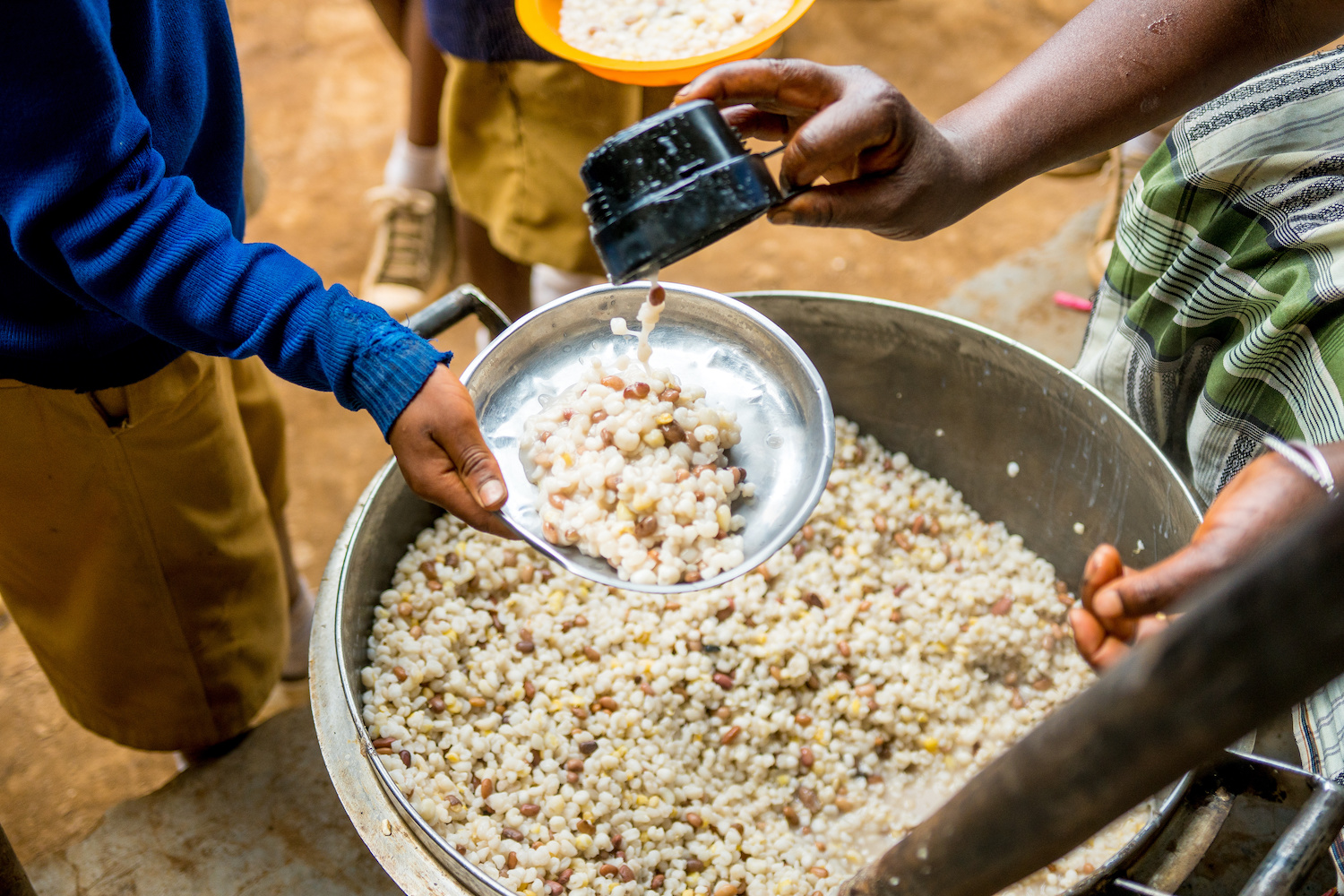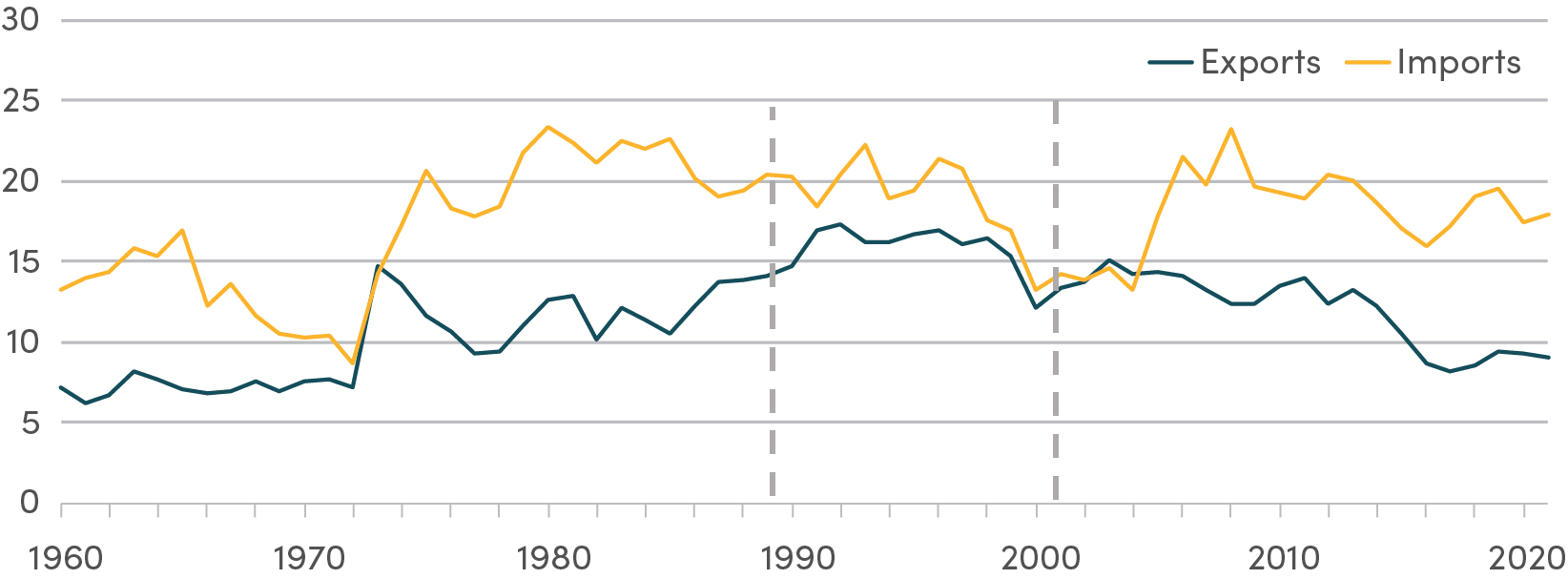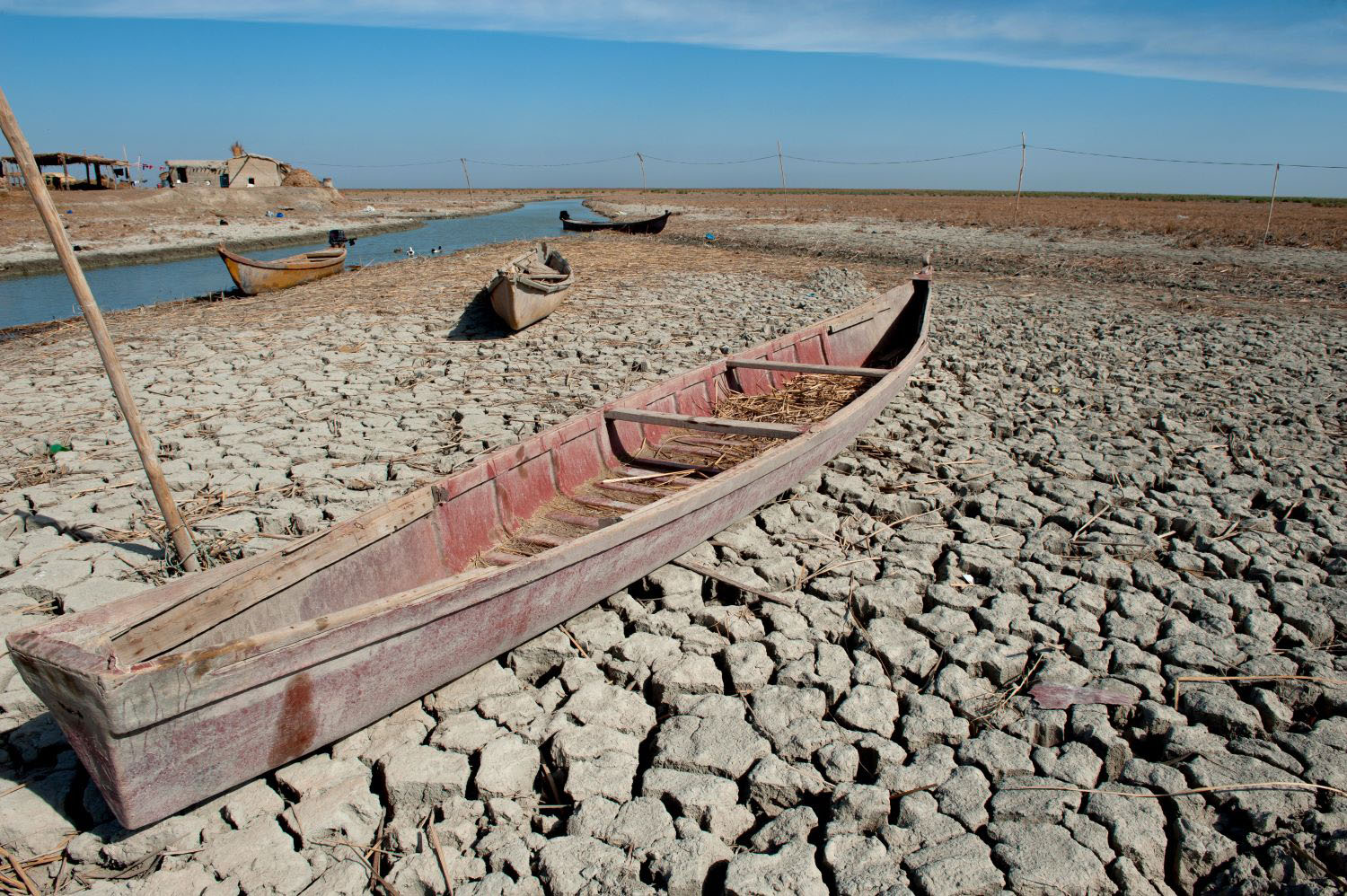The United States has committed $1.5 billion per year over five years in an effort to support development in Pakistan, a fragile, nuclear-armed state of almost 190 million people that is in the frontline of the struggle against Islamic extremism. So, how’s that working out?I have two guests on the show this week, senior policy analyst Molly Kinder and research and communications assistant Wren Elhai. Molly and Wren have been working closely with CGD president Nancy Birdsall to make sense of the U.S. development strategy in Pakistan and to suggest ways that it could be more effective. After more than a year of Washington-based study and consultations, the three of them recently visited Pakistan to get feedback on their draft recommendations ahead of the release of their final report (for background on the project and a series of open letters, see
here).Their major takeaway: there is a big mismatch between how important Pakistan is to Americans and the ambitions of the U.S. development strategy, on one hand, and the U.S. ability to deliver a successful program, on the other.According to Molly and Wren, lack of program focus and coordination means few Pakistanis have any idea of what the U.S. is trying to achieve in Pakistan. The result is an air of frustration and even mistrust between Americans and Pakistanis that is proving problematic.“I asked Pakistanis what the U.S. can do to be more helpful in their country,” says Molly. “Their distrust in the U.S. program is so high… it was almost like I was asking Americans what [Iran President Mahmoud] Ahmadinejad can do for the DC school system.”So, should we pull up stakes and go home? Absolutely not, they say. High-profile announcements of U.S. assistance have raised expectations to the point that failure to deliver would be even worse than staying involved. Molly and Wren assure me it’s not too late to correct the course of this enormous U.S. development effort. Focusing priorities, reshuffling staffing assignments, and clarifying leadership responsibilities will go a long way towards producing a more coherent strategy, they say.“It’s not just about pushing this money,” says Wren. It’s about figuring out what we’re trying to do with it.”To learn more about what the three CGD visitors to Pakistan heard on their trip, read Nancy’s
blog post and listen to the Wonkcast with Molly and Wren.(Finally, I want to close with a special shout-out to Nicole Gallagher, an artist working in the animation industry in France who writes that she has recently become a big fan of the Global Prosperity Wonkcast. Nicole has been striving to become a film director but is now considering changing vocations “to become more useful to society as a whole.” She says the Wonkcast gives her insight into different options.Nicole: Thanks for writing, and for listening. I offer my two cents worth of unsolicited career advice at the start of the show.
My thanks also to Will McKitterick for his production assistance on the Wonkcast recording and for helping draft this blog post. If you have iTunes, you can subscribe to get new episodes delivered straight to your computer every week.CGD blog posts reflect the views of the authors, drawing on prior research and experience in their areas of expertise.
CGD is a nonpartisan, independent organization and does not take institutional positions.





